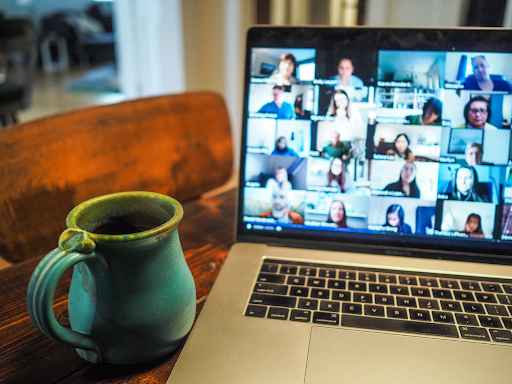Recently we’ve been seeing more conversations on racial equity/inequity in the workplace, including our associations such as the American Library Association. The increase of police brutality against Black people and the acknowledgement of institutional racism against Black, Indigenous, and people of color (BIPOC) have given us a moment and an opportunity to understand and address how racial equity/inequity plays in such environments.
What is racial equity? “It is the condition where one’s racial identity has no influence on how one fares in society.” It is important to note that structural racism has always endured in America through centuries of racist policies, practices, and attitudes, and prevents racial equity from being realized. Focusing on building racial equity in our workplaces requires us to develop anti-racist mindsets and actions as individuals and to center race equity in our work and in our life.
When we do not aim to achieve racial equity, we continue to perpetuate systemic racism towards the BIPOC community and other communities that are marginalized. It is a critical moment for us to recognize how our library’s policies, services, and resources may be racially inequitable and to find opportunities for improvement.
Here I will share some additional resources on this important topic for libraries:
- On July 8–10, 2020, the Denver Public Library hosted a virtual symposium called Advancing Racial Equity and Inclusion in the Workplace. The symposium offered a space for attendees to think about equity, diversity, and inclusion (EDI) in the library workplace and the barriers in preventing attainment of racial equity. I was fortunate to attend many of the sessions and learned a lot (note: sessions were also recorded and archived). Consider watching these discussions with your colleagues on integrating EDI work into your policies and practices. It’s important to actually discuss them with others, as this may expand opportunities to change policies and practices that have been inequitable.
- Consider reading some of these texts and resources listed in “Disrupting Whiteness in Libraries and Librarianship: A Reading List.” This page, developed by Karla J. Strand from the University of Wisconsin System, contains a bibliography of important sources in understanding how “whiteness” serves as a barrier to EDI work. In addition, the Black Excellence in LIS Syllabus is a living document containing citations of scholarly and creative works by BIPOC library workers that add important research and perspective in the field.
- Addressing implicit bias (or unconscious bias) is part of the ongoing work that we all have to do in the field. As scholars Anthony Greenwald and Linda Hamilton Krieger (2006) described in their essay “Implicit Bias; Scientific Foundations,” “implicit biases are discriminatory biases based on implicit attitudes or implicit stereotypes. [They] are especially intriguing and also especially problematic because they can produce behavior that diverges from a person’s avowed or endorsed beliefs or principles” (Greenwald & Krieger, 2006, pp. 945–967). If you are looking for ways to test yourself for hidden biases, check out this resource by Teaching Tolerance.
Racial equity is an ongoing conversation. It is important to recognize that the library profession will not undergo any major changes without authentic intentions, reflections, and engagements. By framing racial equity in our workspaces, collections, services, resources, policies, and practices, we can strive to make our libraries and the profession at large more inclusive, diverse, and equitable for all.


